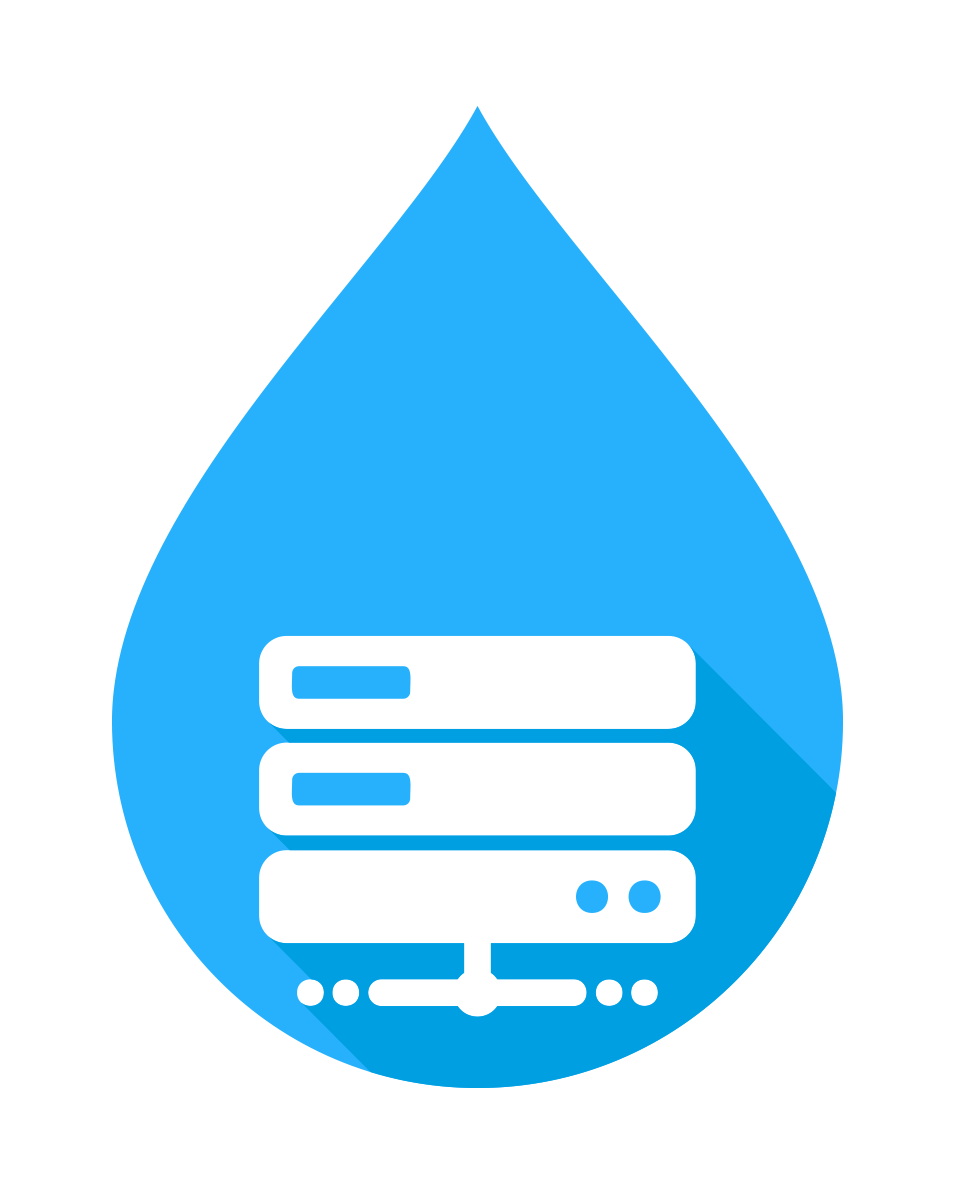The constant transformation and evolution of technology in recent years has led to great changes. These transformations have occurred in very diverse sectors of industry and society. Data Science, as you probably already know, is the ability to obtain information and store it appropriately. This data and information analysis makes it easier for companies to detect trends or improve systems. Likewise, it helps increase efficiency. However, you may be wondering, what is Data Lake then? Here we give you the answer, and we show you some of the advantages of this concept. Keep reading!
What is the Data Lake?
The Data Lake, as its name suggests, is a lake where all the data of a company or organization is stored. This data is raw and is saved for when it is needed. When that moment arrives, they are analyzed, processed, and become part of Big Data. For this reason, the data to be stored in the Data Lake can be structured or unstructured. And it does not matter if they are stored in an original, flat, or raw form (raw data). The amount of data that is accumulated can have a wide variety of sources. That is, data of all kinds will be saved: server records, databases, social networks, office documents, etc …
According to the study Data Science Report, the scientist’s data spend 80% of their time collecting data. This represents more than half of your time invested in preparing the information to be analyzed. The Data Lake is a great advantage for them since it allows them to gather the data in one place. In addition, facilitating access to this data reduces the time invested in this process before analysis. But what other advantages does Data Lake have?
Flexible and fast
Data Lake is very flexible in adapting to changes. Unlike Big Data, it does not take as long to determine a structure for data storage. With Big Data, prior analytical frameworks must be established on the objective of the analysis, the sources from which the data is obtained, etc. The objective of this method is to obtain very specific and structured data. That is, if any of the data is invalid, it is discarded. However, Data Lake stores and supports all types of data, even in its original format. This process makes it possible to adapt to any type of analysis and at any time. In short, data transformation processes are applied when you want to use the data and not before as in Big Data.
Aimed at all types of users
Another advantage of Data Lake is that it is useful for any type of user profile. On the one hand, it’s perfect for users who need a more structured perspective on data. Since the results are clear, easy to process, and answer questions that will be reflected in subsequent reports. On the other hand, it also offers advantages to users who want a greater analysis of the selected and stored data. In this case, users return to the information source to retrieve the data. At the same time, Data Lake is a must for users who want to preserve all raw data. In any case, this in-depth analysis will change depending on the research and its needs.
Is Data Lake the Ultimate Solution?
Despite the many advantages of Data Lake, the answer is that it is probably not enough. 90% of data handled by companies has been produced during the last two years. This has to be taken into account, as it is easy to determine that the amount of data that will come in the future will be difficult to manage. Therefore, it is important for each company to consider its own needs. That is, depending on the type of requirements that a company has, some Data Lake services like- Dataphoenix





Leave a Reply